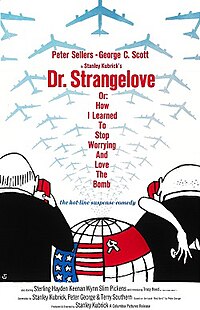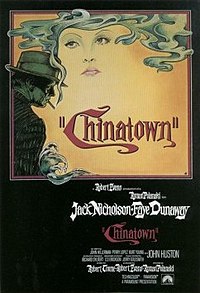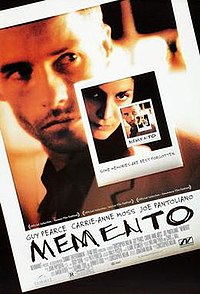Lists





4 Books, 1 Movie
books
Sort by:
Recent Desc
More lists by Aleks Yeng



tv shows
List includes: The Forsyte Saga, Mildred Pierce, Upstairs Downstairs
November 2020
0
@aleksyeng



checking
List includes: Charlie Bartlett, V for Vendetta, Mister Lonely
November 2020
0
@aleksyeng



international
List includes: Dr. Strangelove or: How I Learned to Stop Worrying and Love the Bomb, Chinatown, Network
November 2020
0
@aleksyeng



tv norm
List includes: Smallville, Heroes, Burn Notice
November 2020
0
@aleksyeng



G
List includes: The Lookout, Georgia Rule, My Best Friend's Girl
November 2020
0
@aleksyeng



maybe
List includes: Memento, Hard Candy, Synecdoche, New York
November 2020
0
@aleksyeng